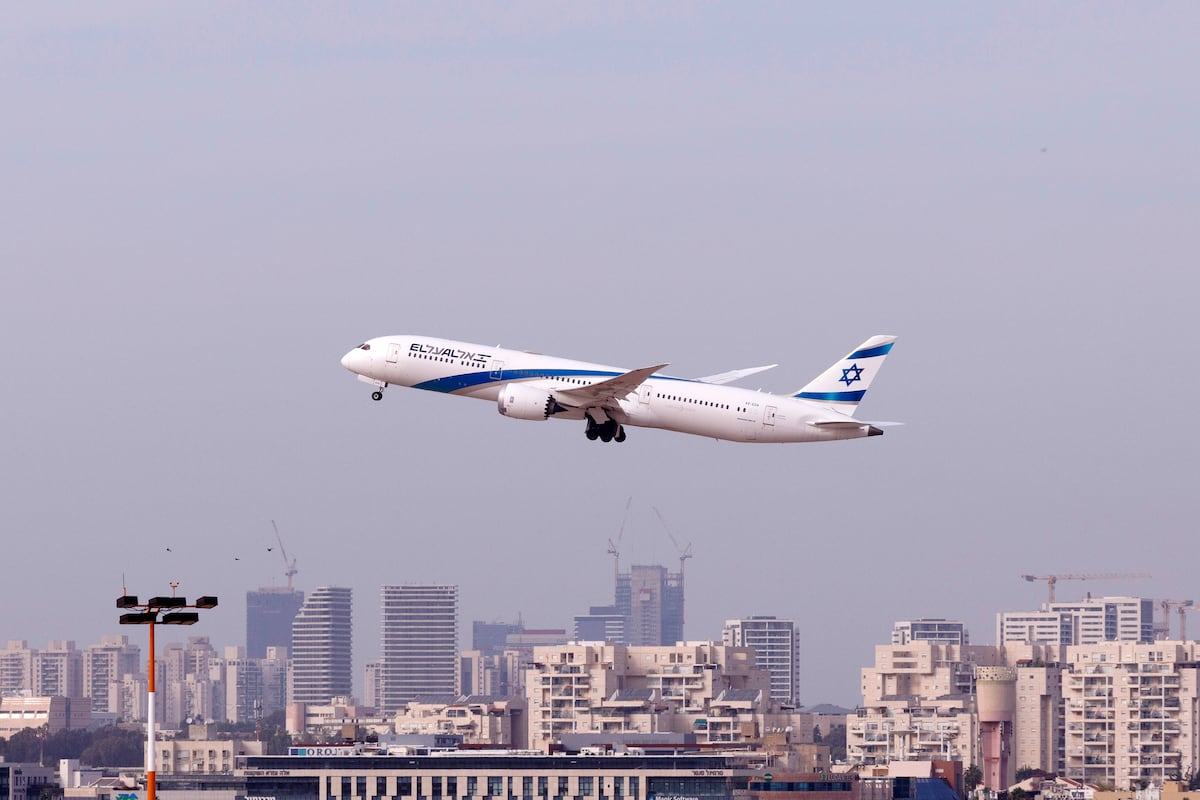In a militaristic country reeling from the scale of the Hamas attack, Israel’s flag carrier El Al won the hearts of many Israelis by adding flights — even flying on the Sabbath for the first time since 1982 — to bring in reservists from abroad for the invasion of Gaza and to patrol the Lebanese border. Flying on the Sabbath, El Al argued, was pikuach nefesh, the principle of Jewish law that allows religious rules to be ignored in order to save lives. It was October 2023, all other airlines were cancelling routes to Tel Aviv, and the Israeli parliament was approving $5 billion in war insurance guarantees for the three national airlines (El Al, Arkia and Israir).
There is little left of that collective sympathy. For months, El Al has been the target of criticism on internet forums and in coffee shops for its excessive prices. Most foreign airlines have stopped flying to Tel Aviv (such as Vueling or Iberia, which used to codeshare with El Al), so El Al — the only airline with anti-missile systems on board — exercises a de facto monopoly, watered by public money and without even paying taxes on profits, as it continues to make losses. The State prevented its bankruptcy during the coronavirus crisis.
The main complaint is that, in times of hardship, it received hundreds of millions of dollars, and now it is taking advantage of the situation to make loads of money instead of keeping fares down. In the first months of the war, more than 80% of passengers to and from Tel Aviv flew with El Al. Around 100 foreign airlines cancelled their routes due to the cost of insurance, the safety of the crew and other concerns.
El Al’s prices can be crazy: €1,000 to Madrid; €2,500 to the United States (€11,000 in business class); €4,000 to Mexico… The airline’s corporate results have made waves this year: first-quarter earnings of $80.5 million, compared to the $34.4 million losses in the same period last year. It was the best quarter in its entire history, equivalent to two thirds of the net profit for the whole of 2023, which had already been one of the airline’s best years due to the first months of war.
And then came the second-quarter earnings of $147.4 million, which rubbed even more salt in the wound, especially for Israelis who remain abroad because they are not willing to pay El Al’s fares.
Company sources insist that the anger is fueled by a lack of knowledge of how the pricing system works. “You pay more for the lower price and less for the higher price. If we did not manually set the price, flying to the U.S. would cost $3,000 right now. The benefit comes above all from the fact that the planes are fuller because there is less competition,” they say.
Only El Al currently serves such a popular route as New York-Tel Aviv (80% of the world’s Jews live in Israel or the U.S.). Delta and United Airlines have pulled out for fear of a Hezbollah attack. Ryanair continues to postpone its return. American Airlines will not return until at least April and Easyjet won’t be back before March. Some airlines pulled out in April due to Iran’s first attack on Israel, with more than 300 rockets and drones, and more recently, with Hezbollah’s retaliation, which also canceled flights at Tel Aviv airport.
Share prices soar
Shares in El Al, which has just bought 31 Boeing 737 MAXs, have risen 66% so far this year. The surge is also helped by the fact that the local currency, the shekel, has been losing value against the dollar since early 2023, due to Israel’s controversial judicial reform.
The matter has not been limited to angry messages in caps on WhatsApp groups. The Competition Authority is investigating whether the airline is profiting from a monopolistic position. And the Minister of Economy, Nir Barkat, summoned the heads of the three airlines and secured a concession from El Al: fixed prices for four popular destinations: Athens, Larnaca, Dubai and Vienna, although they are not basement bargains either: $350 for a round trip to the Austrian capital. For a source at El Al, intervening in prices is a problem: “We have already booked 70% for December. That prevents those who need it or cannot plan so far in advance from making the trip.”
Sign up for our weekly newsletter to get more English-language news coverage from EL PAÍS USA Edition

